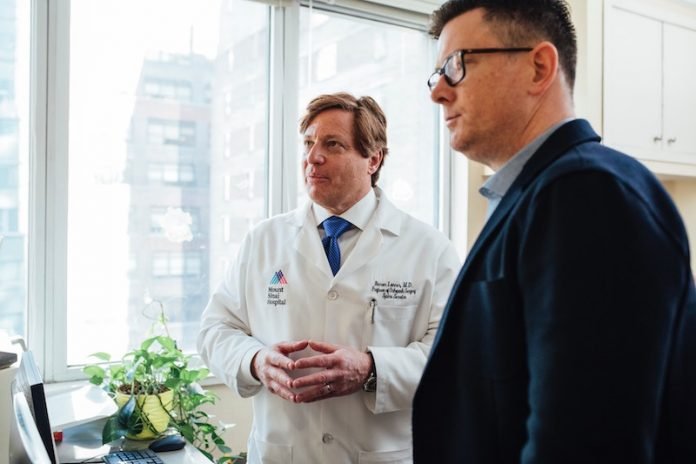
In a new study, researchers have discovered new tumor suppressor protein in prostate cancer.
They have identified the molecule LRIG1 as an important endogenous tumor suppressor in prostate cancer.
The research was conducted by a team at Roswell Park Comprehensive Cancer Center.
Prostate cancer is one of the most common and treatable types of cancer in men, with five-year survival rates reaching nearly 100% thanks to advances in detection and treatment.
However, prostate cancer remains the second-leading cause of male cancer deaths, because those with more advanced or aggressive forms of the disease eventually experience progression or recurrence despite treatment.
Standard therapy uses drugs that target and block the androgen receptor (AR), a protein that binds to androgens (male hormones) to stop or inhibit prostate cancer cell growth.
But the results often don’t last, and many patients develop castration-resistant prostate cancer — an aggressive, treatment-resistant form of the disease — within a year of anti-androgen therapy.
In the study, the team documents their findings showing that overexpression of the LRIG1 protein inhibits prostate cancer development while reducing naturally occurring LRIG1 promotes prostate tumor development.
According to the team, the LRIG1 gene is induced in developing tumors, presumably representing the patient’s defense mechanism against tumor growth.
The LRIG1 expression levels in patients’ tumors could potentially be developed into a prognostic biomarker — the higher the expression level, the better the prognosis for prostate cancer patients.
While the protein is not yet available as a therapeutic, the team is working to develop it into an LRIG1-derived peptide, which, if those efforts are successful, could be used as anti-cancer therapeutic via intravenous injection.
This approach could potentially be an effective strategy for treating patients with inoperable prostate cancer.
One author of the study is Dean Tang, Ph.D., Professor and Chair of Pharmacology and Therapeutics.
The study is published in the journal Nature Communications.
Copyright © 2019 Knowridge Science Report. All rights reserved.



